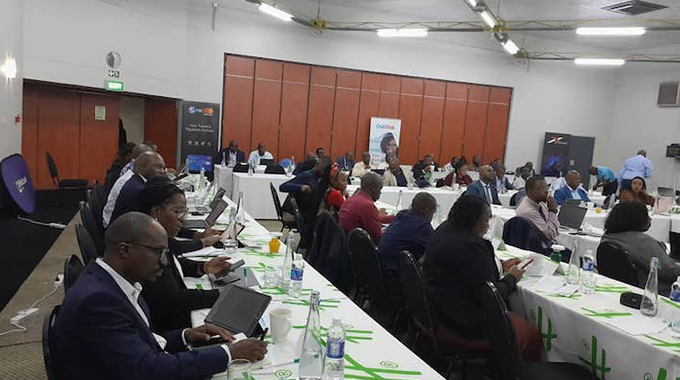Zimbabwe angles for regional fish trading opportunities

Michael Makuza, Business Reporter
ZIMBABWE is among the few countries within the Common Market for Eastern and Southern Africa (Comesa) region, which have validated the implementation of modalities of the ‘Green Pass Initiative’ aimed at increasing fish trading opportunities.
While focused on promoting small-scale cross-border fish trading within Comesa, the initiative is expected to help enhance conformity to specific Sanitary and Phytosanitary (SPS) requirements.
“Zambia, Zimbabwe, and the Democratic Republic of Congo (DRC) have validated the implementation modalities of the Green Pass, an initiative meant to attest conformity to specific Sanitary and Phytosanitary requirements as the region promotes small-scale cross border fish trade,” said Comesa in a recent update.

The 21-member bloc said the Green Pass project was being implemented by its Secretariat under the European Union-funded Small-Scale Cross Border Trade Initiative (SSCBTI), which aims at facilitating measures specifically for small-scale cross-border traders at selected border posts and in the Comesa tripartite region.
In line with the Second Republic’s diplomatic thrust of seeking economic cooperation from all corners of the world, local small-scale fish traders will be looking at taking advantage of the project to trade with other nations.
The project comes at a time Zimbabwe is boosting its fish production and has drawn a 10-year blueprint for fish farming that seeks to grow production of the Nile tilapia from just over 5 000 tonnes a year to 14 000 tonnes.
Cumulatively, Zimbabwe’s overall fish production is about 18 000 tonnes per year against an annual demand of 60 000 tonnes and there is scope for exports.
To date, the Comesa Secretariat has implemented different activities of the project, which include the establishment, procurement, and commissioning of a mini-lab facility in Zambia, as well as conducting capacity building of SPS and technical barriers to trade involving regulatory authorities for the DRC, Zambia, Zimbabwe and fish traders on risk-based food safety and self-regulation.
In addition, stakeholders in the fish value chain have been trained in fish handling, processing, transportation, and storage.
The Green Pass initiative is targeted at small-scale fish traders with goods valued at not more than US$2 000, said Comesa.
During a follow-up workshop held in November 2022 in Zambia, SSCBTI project team leader Mr Tasara Muzorori made a presentation on the Simplified Trade Regime (STR) Programme under, which the green pass initiative is being implemented.
He gave the main objectives of the STR, which include enabling small-scale traders to benefit from preferential tariffs of the free trade regime of Comesa, simplifying trade and customs processes, and helping in bringing informal trade into formal trade, among others.
“The STR is a good program and we commend member States for embracing the Green Pass initiative, which aims at facilitating and fast-tracking small-scale cross-border trade across with minimum disruptions,” said Mr Muzorori.
“Through this initiative, there is a reduction to overall trading costs for small-scale traders, through simplification and consolidation of SPS/TBT measures and border verification procedures.”











Comments